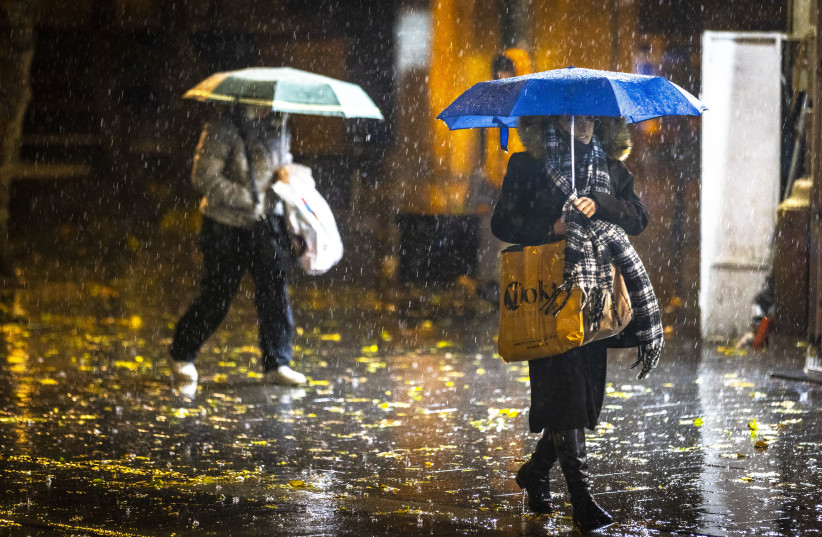Nowadays, there is a whole online community influencing us when we decide to buy something, choose a vacation destination or even decide for whom to vote. No longer do we depend only on recommendations from family members and friends.
Understanding how opinions are formed and decisions are made in our online world is the focus of research by Dr. Yaniv Dover of the Jerusalem Business School and the Federmann Center for the study of Rationality at the Hebrew University of Jerusalem.
His latest study has just been published in the Journal of Consumer Research – one of the leading management journals – under the title “Offline Context Affects Online Reviews: The Effect of Post-Consumption Weather.” It shows that even the weather can influence our perception of past experiences.
How did the researchers conduct the study?
The empirical study investigates whether unpleasant weather – a prominent aspect of a consumer’s offline environment – influences online review provision and content.

Dover’s research, conducted in collaboration with Prof. Leif Brandes at the University of Lucerne, Switzerland, is based on 12 years of data and three million hotel bookings. It examines how 340,000 anonymous online reviews of hotels were influenced by the weather on the day they were written.
The authors suggest that this effect may be because bad weather days trigger more negative memories, or induce a negative mood that colors the review.
What could the research mean for the future?

This research is interesting in itself, but it has much wider implications. It shows for the first time how our external physical environment – in this case the weather – can be a factor in our online judgments.
Dover explains that this type of research “exposes an aspect of the dynamics of our new digital world... and can help policymakers frame policies to better engineer a more productive and healthy effect of online activities on our daily lives.”
The research "can help policymakers frame policies to better engineer a more productive and healthy effect of online activities on our daily lives."
Dr. Yaniv Dover
This was a very complicated evaluation that necessitated matching the booking made by the consumer and the written review, identifying the weather at the location of the reviewer, the star rating given, classification of vocabulary used to describe the stay and the weather experienced during the person’s stay at the hotel.
The researchers also used a special statistical model that took into account both the decision to provide a review and the content of the review.
What do the results show?
“The results show conclusively that bad weather increases review provision and reduces rating scores for past consumption experiences. Moreover, 6.5% more reviews are written on rainy days and these reviews are 0.1 points lower, accounting for 59% of the difference in average rating scores between four- and five-star hotels in our data.”
Thus, on average, “bad” weather – rain or snow – reduced the reviewers’ evaluation of their past hotel experience enough to nearly demote the hotel from a five-star to a four-star rating. Bad weather also made reviewers write longer and more critical and detailed reviews.
They also showed that on rainy days, there was a higher chance of choosing to write a review and that the effect of weather on the review was independent of the weather they experienced during the hotel stay.
Additional analyses with various automated measures of sentiment for almost 300,000 review texts support this scenario. Reviews on rainy days show a significant reduction in reviewer positivity and happiness, yet they are longer and more detailed.
The study shows that offline context influences online reviews and discusses how platforms and businesses should include contextual information in their approaches to reviewing management.
